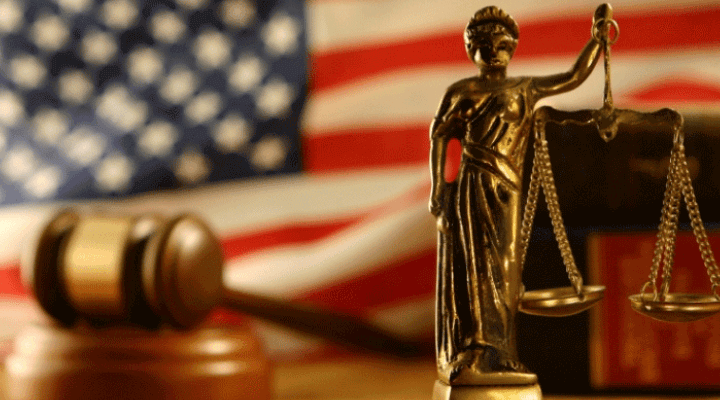If you’ve ever worked in government, chances are good that you’ve seen posters, flyers, or even live presentations on how to “blow the whistle” on misconduct like fraud, waste, and abuse. Those communications – often issued by agency Inspectors General or ethics officials – usually include language designed to reassure whistleblowers that there are protections in place to guard against management retaliation. However well-meaning, these reassurances are, for good reason, often derided as a joke.
The problem is two-fold: (1) whistleblower retaliation is difficult to prove, and (2) even when it is proven, the perception (and, unfortunately, the reality) has often been that the retaliator gets little more than a slap on the wrist while the whistleblower suffers consequences like damage to reputation, loss of promotion opportunities, and loss of security clearance. Cost-benefit calculations for many potential whistleblowers are that the risks outweigh the rewards.
That’s unfortunate given the value whistleblowers impart to both taxpayers and principles of good governance. Two of my recent cases clearly demonstrate just that:
Special Agent Robert MacQueen, U.S. Secret Service*
I’ve had the privilege of representing MacQueen since 2014, when he first contacted me with an incredible story of whistleblower retaliation. MacQueen alleged, among other things, that he had complained to superiors in 2013 about a grossly mismanaged investigation that resulted in the seizure of $26 million from a Minnesota company without probable cause. (A federal judge had signed a warrant authorizing the seizure, but MacQueen alleged that his superiors had mislead the judge about the strength of their evidence). In response, the Secret Service retaliated against MacQueen first by claiming he was mentally unstable, then by trumping up one minor incident involving the misuse of a vehicle a year earlier, and adding a litany of patently false allegations. MacQueen’s security clearance was suspended and ultimately revoked; he then filed a Presidential Policy Directive (PPD)-19 complaint with OIG.
After two and a half years of investigation, the Department of Homeland Security’s Office of Inspector General issued a damning report completely vindicating MacQueen and excoriating Secret Service management officials for their actions. Notably, OIG indicated that this was the first substantiated PPD-19 case in DHS history. An award of back pay, attorney fees, and other damages was recommended.
Adam Lovinger, U.S. Department of Defense*
Mr. Lovinger, a senior DoD foreign affairs expert, first contacted me in May 2017 after his security clearance had been suspended without warning and his prestigious detail to the White House National Security Council cancelled. For months, we struggled to ascertain the exact nature of the security allegations against Lovinger; his suspension notice was incredibly vague, as was an incident report filed against him in the Joint Personnel Adjudication System (JPAS).
Eventually, we came into a veritable treasure trove of emails, memoranda, and other documents that showed senior career DoD officials had colluded with DoD attorneys to concoct a bogus case against Lovinger in retaliation for his warnings about the misuse of contractors – including a Hillary Clinton-tied contractor that received $11 million in contracts from one of DoD’s most secretive offices without a facility security clearance. Despite a veritable smoking gun, as of this writing, DoD officials persist in refusing to admit undeniable facts and restore Mr. Lovinger’s clearance. Instead, senior officials there continue to point fingers and pass the buck while unspecified “adjudication” (read: continued retaliation) takes place. As it was in the MacQueen case, an OIG investigation is being aggressively pursued.
Although the MacQueen case certainly shows that justice can be done, it was not without serious consequences to MacQueen’s finances, family, and career. The fact that federal officials still are emboldened enough to weaponize the security clearance process for retaliatory means says they have little to fear in the way of personal consequences. That needs to change.
A recent codification of much of PPD-19 into law is a good start, but serious, defined penalties need to be added to put managerial officials on notice that retaliatory security clearance actions will not be tolerated. After all, for many federal employees and contractors, a security clearance is the equivalent of a law license, a medical license, or other professional certification; without it, they don’t work. In my book, messing with someone’s livelihood for nefarious purposes deserves much more than a slap on the wrist.
*Both clients’ cases have been covered extensively in the news media, and both clients have given their express consent to be publicly named.
This article was written for general information purposes only and should not be construed as legal advice. Consult an attorney regarding the specific facts and circumstances of your case.




